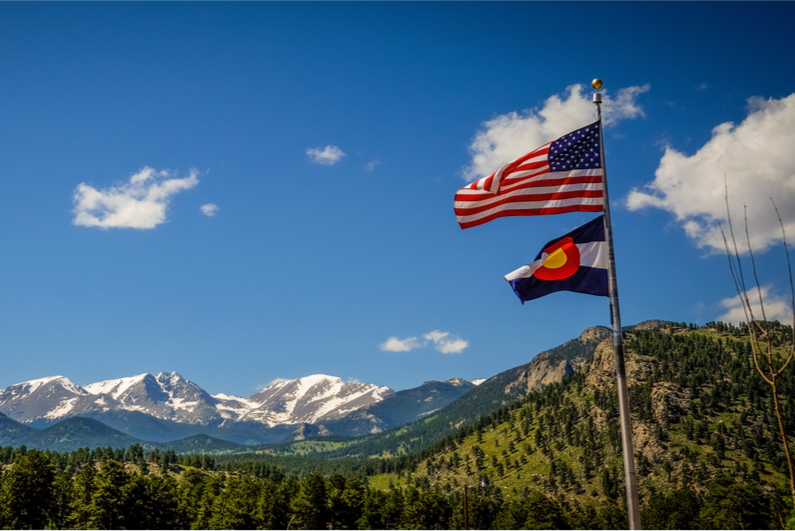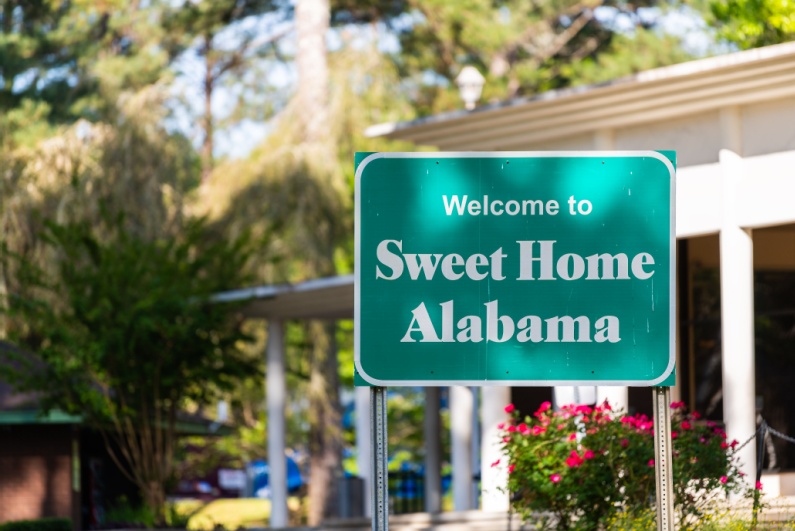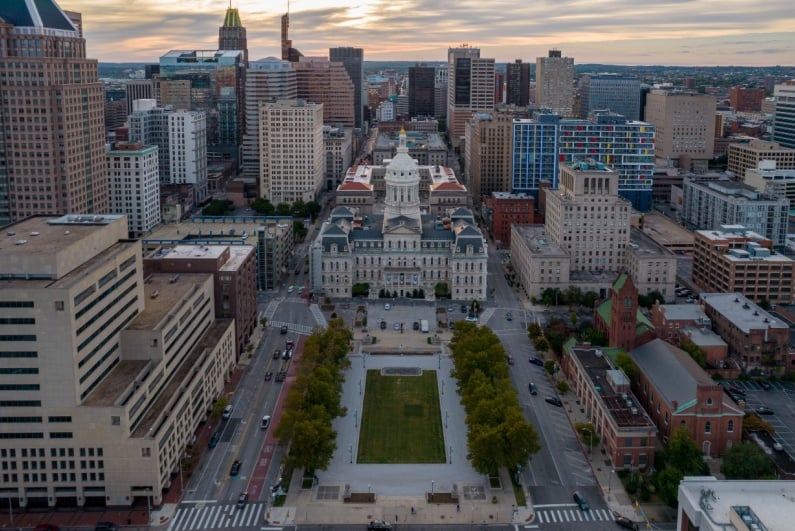A comprehensive bill
Colorado has had a preliminary bill for sports betting in place for some time. The main sticking point was implementation. Sports betting is not legal under Colorado’s criminal code, so there has to be a public referendum in order to change this.
The state’s lawmakers have asked casino operators to look through the proposed legislation and give feedback. The Senate approved the bill by a 27-8 vote. Both physical and online sportsbooks will be legal. There will be three different types of licenses available – a master license, a sports betting operator license and a license for online sports betting operators.
The 33 casinos currently in operation in the state can apply for a master license. They could then partner with an operator for their retail sportsbook operations and another operator for their online sportsbook. There is a very reasonable 10% tax rate in place. People will be able to wager on both professional and amateur events, but not on esports or high school events.
Governor’s seal of approval
Governor Jared Polis has put pen to paper on this bill. The last step before sports betting becomes fully legal is for voters to approve the law, in accordance with the 1992 Taxpayer Bill of Rights. The new tax could raise additional revenues of about $6.5m a year, starting with legal sports betting.
A lot of these funds would go towards water resources in Colorado. This vote will take place in November, which means that sports betting will be allowable on May 1, 2020, if they give this bill their seal of approval.
Gambling tradition in Colorado
There is a storied tradition of gambling in Colorado. The first gambling establishments were set up in the 19th century, during the exploration of the West. Colorado was a common stopping point for immigrants looking for a new life.
There was a diverse range of games on offer in the state. Immigrants from all over the world would bring their own games to the state and teach them to fellow travelers.
The very first casino in the US was in Colorado – the Brown Saloon opened in 1822 in the border area where Utah, Wyoming and Colorado meet. But for many years in the 20th century, casino gambling was not acceptable.
In 1991 commercial casino gambling was once again made legal, but only in the historic towns of Black Hawk, Cripple Creek and Central City. The state lottery began operating in 1993.
Commercial casinos had many restrictions for a number of years, but these have gradually been eliminated. This includes increasing the maximum bet to $100 from the previous $5. Casinos also had a curfew in place, forcing them to close at 2 AM. This too has been lifted. Now any casino can open its doors around the clock if they wish to do so.
The 1995 state compacts enable tribal gambling facilities in Colorado.



